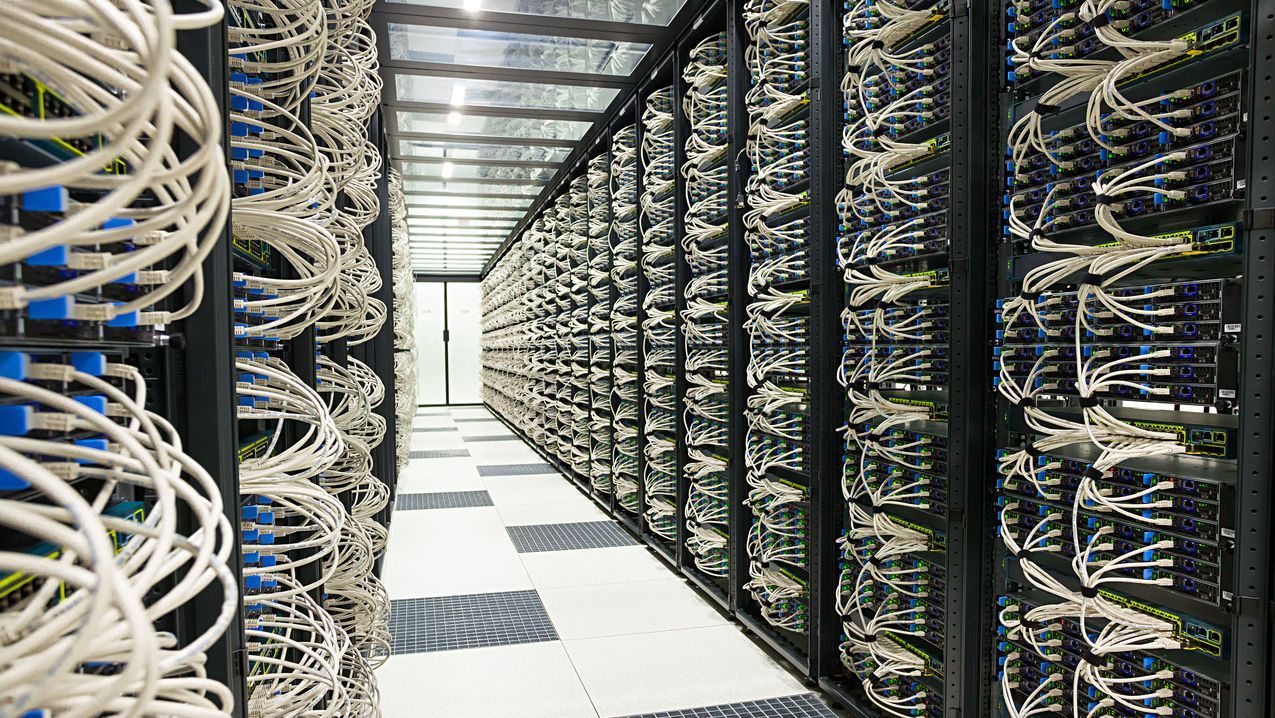
- Google says it plans to pause data centre usage at key times
- Data centres use huge amounts of energy, straining the grid
- Global energy demand is surging as AI is widely adopted
It’s no secret that AI and data centres are consuming energy (and water) at an alarming rate, and it has become apparent the current levels of consumption are far above what most energy grids can feasibly support long term, a problem which will only escalate as more organisations deploy AI in the day-to-day.
This unfortunate truth isn’t lost on tech giants, who are now scrambling to try and mitigate the heavy sustainability burdens increased AI development has left them with - and Google has now announced it will start shifting or reducing power demand during ‘certain hours or times of the year’.
This ‘demand response’ means data centers are interconnected more quickly, and the need to build new transmission and power plants is lessened - helping grid operators manage power grids more efficiently and effectively.
Flexibility brings strength
A summer of intense heatwaves and extreme weather conditions has seen a high demand for energy as air conditioning units are becoming a necessity.
AI is not yet a necessity for the vast majority of uses, so Google has agreed to pause or reschedule non-urgent tasks until the demand surge is over.
Partnering with the Indiana Michigan Power (I&M) and the Tennessee Valley Authority, the new agreement will push Google closer to its 24/7 carbon-free energy ambition, helping to ‘bridge the gap between short-term load growth and long-term clean energy solutions,’ and delivering immediate benefits.
“As we add new large loads to our system, it is critical that we partner with our customers to effectively manage the generation and transmission resources necessary to serve them,” said Steve Baker, president and chief operating officer of I&M.
“Google’s ability to leverage load flexibility as part of the strategy to serve their load will be a highly valuable tool to meet their future energy needs.”
You might also like
- Take a look at our picks for the best AI tools around right now
- Check out our choice for best antivirus software
- China has spent billions of dollars building far too many data centers for AI and compute







